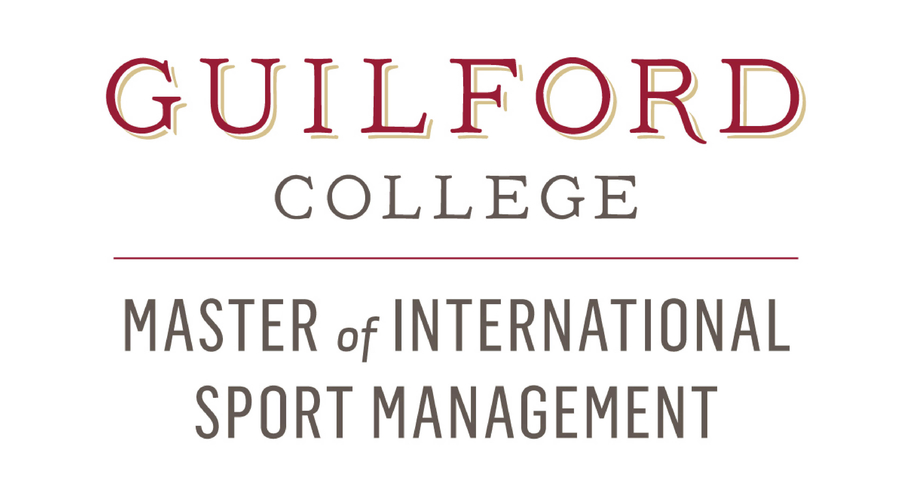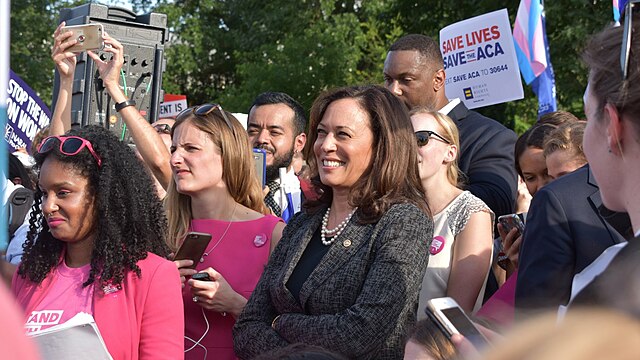Pope Francis has already been hailed as a great pope. Protestants and Catholics alike seem to be in favor of His Holiness, praising him for his efforts with the poor and his understanding statement about gay priests, “Who am I to judge?”
“With those five words Pope Francis stepped away from the disapproving tone, the explicit moralizing typical of popes and bishops,” said James Carroll in an article in The New Yorker about the pope’s immediate rise to greatness.
This gesture of openness would prove not to be an isolated event. It certainly hasn’t been, as many pictures have appeared on the Internet proving as much. Pope Francis has also spoken out against capitalism and treatment of the poor, and has been empathetic and kind to others, leading to the viral success of his 11-month papacy.
But to me, this change of tone from the Church feels like nothing more than a veil designed to appease the vocal minority.
“His PR campaign is really focused on compassion and being a softer voice of the Church,” said Jill Peterfeso, visiting assistant professor of religious studies. “Saying the same thing but coming out of a different mouth.”
While the pope’s words mean well, they fail to have force behind them. Even the now-famous and catchy, “Who am I to judge?” is empty and refuses to stand in favor or in opposition.
I may just be skeptical due to the fact that Jorge Bergoglio, now Pope Francis, spoke out in 2010 against same-sex marriage legislation. Bergoglio described it as being “a maneuver by the devil.”
Mary E. Hunt pointed out in an article from Religious Dispatches, “Substantive structural and doctrinal issues do not evaporate just because the pope does not wear Prada.”
Even if we, either as Catholics or non-Catholics, believe Pope Francis wants to change the church, it is not up to him. Though Francis’ job as pope is to be the head of the Catholic Church, it is bigger than him.
“For many higher-ups (in Catholicism), these questions have been answered already,” said Peterfeso. “Why are we even having this fight? We have spoken on this. This is done.”
Though Francis’ stance on certain societal issues is a breath of fresh air, it does not change the fact that Catholicism still depends on a hierarchical system deeply rooted in patriarchy.
The structure of Catholic rule has not changed since its early years. Priests become bishops. Bishops become archbishops. Archbishops become cardinals, and an inner circle of cardinals is selected amongst their peers to become nominees for pope.
That is not to say that the pope’s agenda is devoid of anything positive. The only things holding back the pope at this point are the traditions that make the Church a stick in the mud.
Refusing to accept women into a position of religious power and withholding the sacramental rite of marriage from LGBT individuals are signs that the Church is unwilling to conform to the world around them. While Francis has been accepted by the public, I fear he is acting only as a figurehead.





